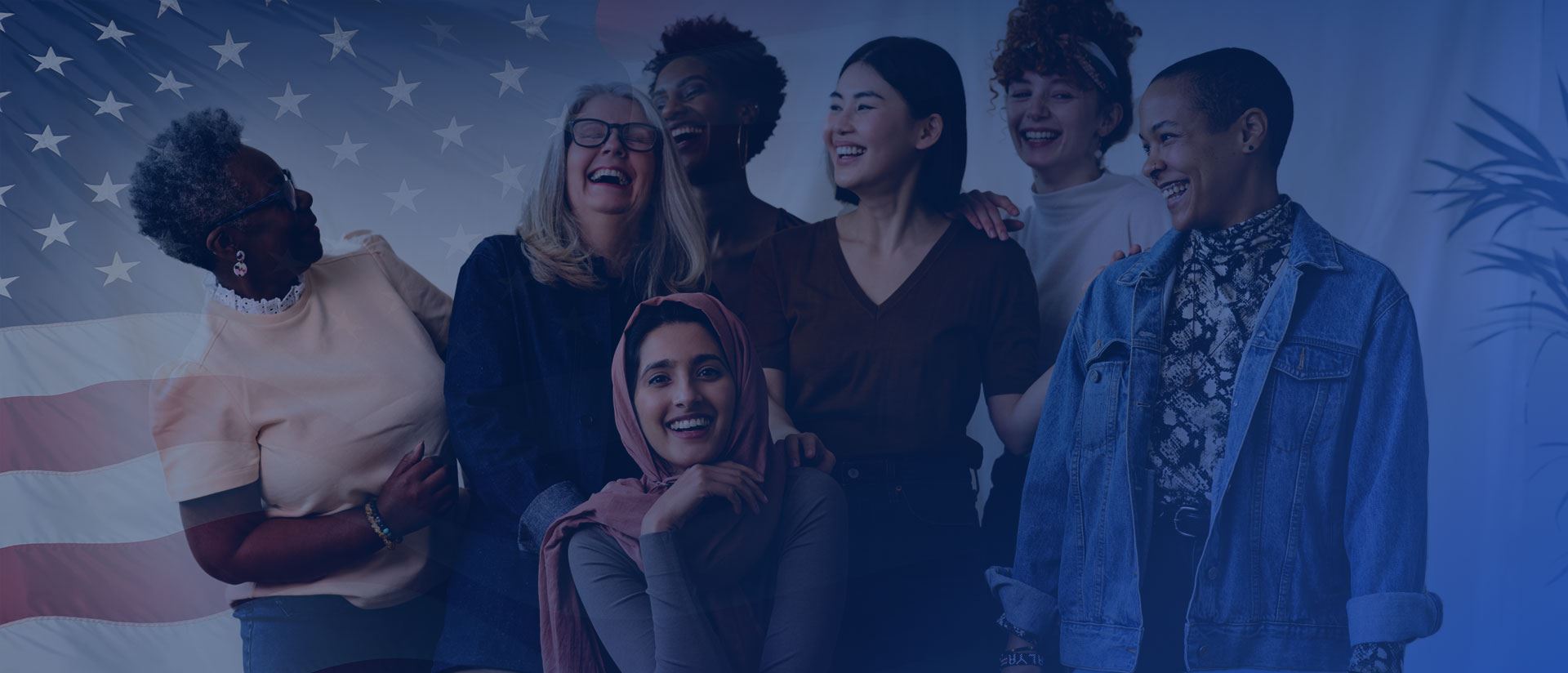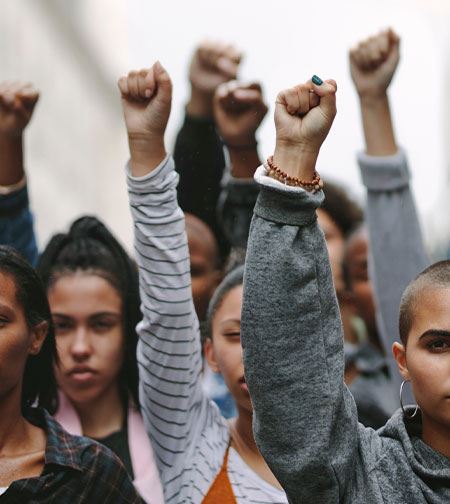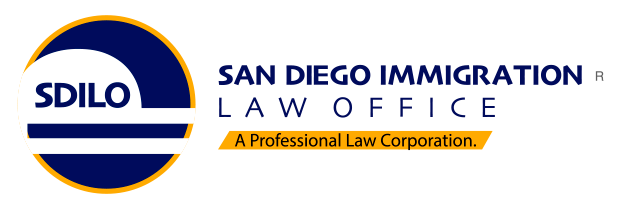
Overview: U-Visas/VAWA Benefits
San Diego U Visa and VAWA Attorney
Representing Victims of Crimes and Domestic Abuse in Chula Vista and North County
If you are the victim of a crime, you may be willing to access an immigration benefit known as the “U visa” if you are willing to cooperate with the applicable law enforcement agency. Similarly, you may receive immigration relief if you are the victim of domestic abuse through the Victim Against Women Act, or VAWA.
At the San Diego Immigration Law Office APC, we are determined to help individuals and families build lives in the United States. We understand you are going through an exceptionally difficult time and may be worried about your future in the country. Our San Diego U visa and VAWA lawyer can help you explore all of your options and pursue a tailored strategy designed to achieve your immigration goals. You will have direct access to Attorney Elorza from beginning to end, and we will do everything possible to secure a favorable outcome.
Call (619) 473-2506 or contact us online to schedule an initial consultation. Flexible payment options are available, and we offer our legal services in English and Spanish.
How U Visas Work
The U Visa is potentially available to victims of crimes. To qualify, the victim must have suffered physical or mental abuse as a direct result of the criminal activity. The victim must also have information that is useful to a law enforcement agency and be willing to cooperate with that agency as they investigate and prosecute the case.
A U visa includes a work permit, meaning recipients can work most types of jobs throughout the United States. Primary U visa applicants can also request visas for their spouses and unmarried children under the age of 21. If the applicant is younger than 21, they can petition for minor siblings, their parents, their spouse, and any children.
While the U visa is technically a nonimmigrant visa, it does in some cases offer a path to a green card – and, eventually, citizenship. The U visa is valid for up to four years. After three years, you can begin the process of obtaining a green card if you meet certain eligibility requirements.
To qualify for a green card through a U visa, you must:
- Maintain three years of physical presence in the United States. You should generally avoid traveling outside the United States if you have a U visa, as trips abroad can jeopardize your continuous and physical presence. You cannot leave the country for any period longer than 90 days or spend more than 180 days abroad in total.
- Continue to cooperate with a law enforcement agency. Keep in mind that investigations and court trials can take years. You must continue to be willing to work with the applicable law enforcement agencies as they seek justice. You may not be able to get a green card through a U visa if you refuse to testify in a trial, for example.
- Have a compelling reason to justify your residence. In the eyes of United States Citizenship and Immigration Services (USCIS), there are three major compelling reasons for these scenarios. If you would experience severe hardship if you were forced to return to your home country, USCIS might grant the green card on humanitarian grounds. They might also issue a green card for purposes of family unity if you have immediate relatives in the United States. Finally, USCIS might approve your request if your professional accomplishments or achievements offer some sort of public interest to the people and economy of the United States.
Because only 10,000 U visas can be issued each year, there is a backlog in processing U visa applications. This does not mean you cannot get a U visa. In fact, you may be able to get a work permit before USCIS reviews your application. Our San Diego U visa and VAWA attorney can review your situation, help you prepare your paperwork, and advocate for you every step of the way.

How VAWA Works
Typically, when someone seeks a green card through family immigration, they must do so with the cooperation of their sponsoring relative. For example, a nonresident spouse would work with their U.S. citizen or lawful permanent resident spouse to apply for a green card. This process can become complicated when the sponsoring relative is abusive.
The Violence Against Women Act allows immigrants in abusive situations to self-petition for green cards they would otherwise qualify for. Though its name explicitly mentions women, the law covers all genders, including men.
To qualify for VAWA, you must:
- Be in a “qualifying relationship” with an abusive U.S. citizen or lawful permanent resident. There are three types of qualifying relationships: Marriage to an abusive spouse, a child of an abusive parent, and a parent of an abusive child (who is at least 21 years old).
- Currently live or have previously lived in the United States with the abusive person. You must have shared a U.S.-based residence with the abusive person at some point. If you do not currently in the United States when you file your VAWA application, you must show that the abusive person subjected you to “extreme” cruelty while you were in the U.S., or you must establish that the abusive person is employed by the government or is a member of the military.
- Suffered abuse perpetrated by the U.S. citizen or lawful permanent resident you were in a qualifying relationship with. USCIS considers “abuse” to be any combination of physical violence, threats of violence, psychological abuse, rape, incest, or forced prostitution.
- Have good moral character. USCIS will often decide you have “good moral character” if you have not been convicted of any felony crimes, serious misdemeanors, or three or more misdemeanors. Letters of support from members of your community can also help establish good moral character.
Let Us Help
At the San Diego Immigration Law Office APC, we will carefully assess your circumstances to determine whether you qualify for VAWA relief. Our San Diego U Visa and VAWA lawyer recognizes your future in the country may be at stake and will assist you throughout the self-petitioning process.
Not sure whether you qualify for a U visa or VAWA relief? Call (619) 473-2506 or contact us online to discuss your case with us.

